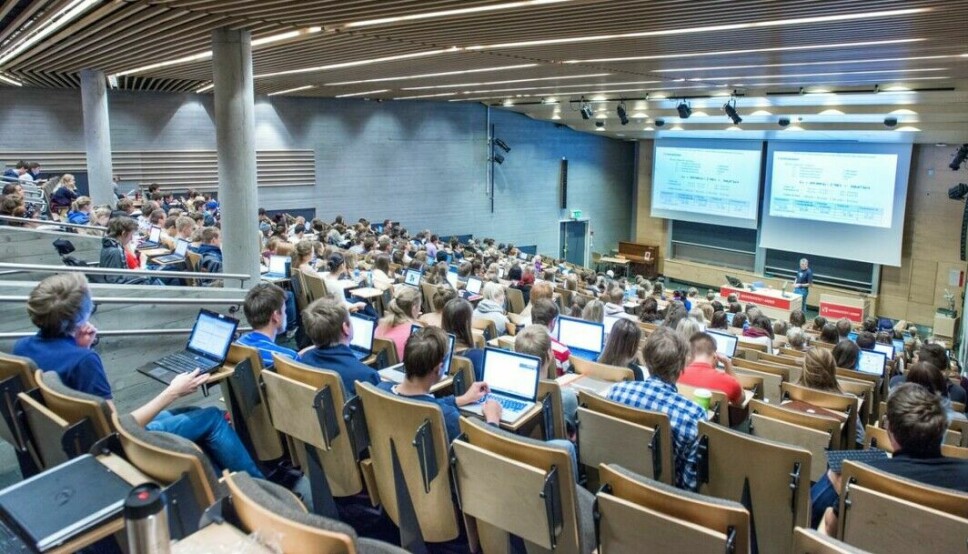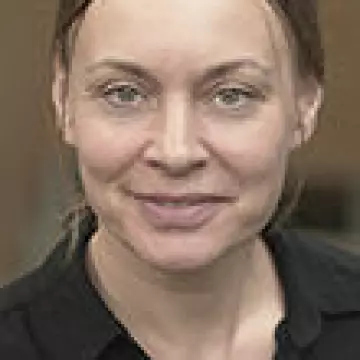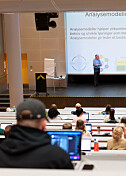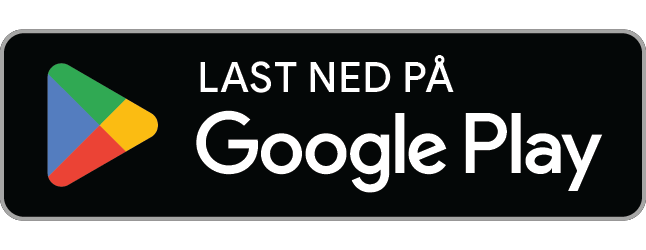Debatt ● Ester Fremstad, Tone Dyrdal Solbrekke, Mary Sutphen og Crina Damsa
Strong dissatisfaction of university pedagogy courses?
As we know from our courses, it is hard to learn and to change, which is what we ask of our colleagues, four employees at the Department of Education at the University of Oslo write.

As employees at the Department of Education and LINK, the center for learning and education at the University of Oslo (UiO), we have responsibility for the university pedagogy course portfolio.
We have heard it all from our colleagues in our courses: Praise, bored grunts, complaints, thanks, anger with having to take time out of their schedules, and reflections that give us hope in the teaching and learning in Norwegian higher education.
Although it is tempting, it is too easy to be defensive about the recent article in Khrono on university pedagogy. Instead, we will respond using deliberative communication, one of the principles we teach in our courses. Deliberative communication asks us and our participants to listen to all voices, whether from students, the research literature, administrators, course evaluations, university leaders, or those who sidle up to us during a coffee break and shyly offer informal feedback to us.
The critical voices we hear in Khrono include, for example, Lars Petter Storm Torjussen who claims, among other things, that the idea and theoretical basis within university pedagogy do not reflect the unique social mandate of public universities. Or Eli Smeplass’ and Oddveig Storstad’s argument that those who take university pedagogy courses feel it is a waste of time and neither do the courses meet the employees' needs.
All three authors call for meeting our colleagues where they are, each with unique needs, goals, hopes, and ideals for their teaching. We agree. How do we meet the colleagues in our courses where and as they are? Exactly as we suggest they meet their students as individuals with different abilities, levels of academic preparation, goals, aspirations, and hopes.
Before every course, we ask ourselves: WHAT do we offer our colleagues and WHY do we do it this way at UiO? For our colleagues in our university pedagogy courses, these questions are the same: What am I offering to students and why do I teach this way?
Here is what we consider helpful for developing, changing, and teaching our courses:
• How do we familiarize ourselves with our colleagues' prior knowledge and what challenges they struggle with in their teaching in today's context? What do we do with that information?
• How should we integrate the unique experiences and the good practices of our colleagues with the didactic concepts and learning theories that come from current university pedagogical research?
• What pedagogies do we use to facilitate our colleagues’ learning and collaboration? How should we model learning from each other while respecting subject didactic perspectives?
• How do we meet our joint professional responsibility to handle the tension between 'external demands' for Norwegian academics to take 200 hours of university pedagogy that come with politically defined learning outcomes and the 'internal needs and expectation' of individual academics in our courses?
For those who complete university pedagogy courses, we hope these questions of how, what, and why stand or come to stand at the heart of their teaching. However, we understand why some they do not.
As Patric Wallin, the leader of the program that Smeplass and Storstad criticize, highlights the problem that academics must take 200 hours of pedagogy on top of their often overloaded work schedule, an expectation that indicates a lack of understanding among faculty and department heads about how much time it takes to engage with one’s teaching and decide how to make it better. It is no wonder that academics ask us for tips and tricks.
However, as Smeplass and Storstad note, there is no one size to fit all needs. We agree. Teaching and learning are situated and relational, and though a tip or trick might work in one teaching situation, it is also necessary to point to why it works and for what purpose.
Our courses challenge academics at UiO to undertake the hard work of answering questions about what they teach (not what they think they are teaching) and what their students learn (not what they assume they are learning), how they do it, and why they teach as they do. We offer our colleagues opportunities to try out new ways of teaching, learning, and giving feedback, in short, to change what they see as not working, as well as to articulate why they keep doing what is working well. Our only concern is that they know what works or not and why.
As we know from our courses, it is hard to learn and to change, which is what we ask of our colleagues. Some make changes in their teaching based on what they learn in our courses. Others choose to pass on the whole enterprise.
Thus, we share the sentiments of the bakers and brewers in Ivar Aasen’s poem:
Til Lags åt alle
Til lags åt alle kan ingen gjera;
det er no gamalt og vil so vera.
Eg tykkjer stødt, at det høver best
å hjelpa den, som det trenger mest.
Og kor du bryggjar og kor du bakar,
d’er alltid ein, som det ikkje smakar;
og når den eine då gjerer rop,
så ropar sidan den heile hop.
D’er mange nog, som vil domar vera
og læ åt alt, som dei andre gjera.
Og lyte finna dei rundt i kring,
og sjølve gjera dei ingen ting













